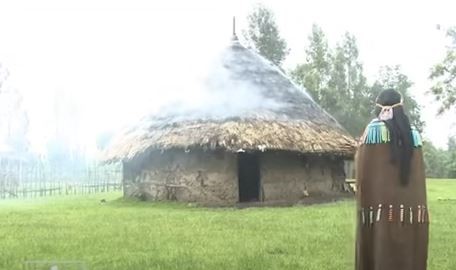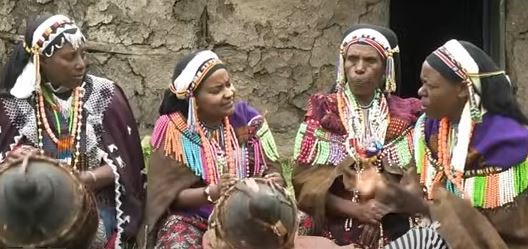ARSI Zone
Arsi Zone, located in the Oromia Region of Ethiopia, is home to the Arsi Oromo people, a subgroup of the Oromo ethnic group. Known for their rich cultural heritage, deeply rooted traditions, and unique social norms, the Arsi people maintain a vibrant way of life that reflects their historical significance and strong community bonds. The zone is not only significant for its cultural wealth but also for its scenic landscapes, including the Bale Mountains and fertile highlands, which shape the livelihoods and customs of its inhabitants.
Traditions and Cultural Practices
The traditions of the Arsi people revolve around their agrarian lifestyle, with farming and cattle rearing playing central roles. Social life is heavily influenced by the Gadaa system, an ancient and sophisticated form of democratic governance that organizes society based on age sets and leadership roles. The Gadaa system is integral to the Arsi people’s cultural identity, as it regulates political, social, and economic matters, ensuring fairness and community involvement.
Marriage ceremonies in Arsi Zone are vibrant and deeply ceremonial, often involving multiple stages. The process begins with a formal request for marriage approval, followed by a series of traditional rituals, including the exchange of symbolic gifts and blessings from elders. Respect for elders is paramount in Arsi culture, as they are seen as the bearers of wisdom and mediators of conflict.
The Arsi also practice unique rites of passage, especially for young men transitioning into adulthood. These rituals often involve physical endurance tests and ceremonial blessings, signifying readiness for societal responsibilities.


Cultural Norms and Values
Arsi society emphasizes respect, communal cooperation, and hospitality. Elders hold a revered position, and their guidance is sought in decision-making processes. The community values harmony and conflict resolution through dialogue, often mediated by senior members of society.
A core norm among the Arsi people is the importance of family and extended kinship networks. Strong familial ties ensure mutual support, especially in agricultural work, celebrations, and mourning periods. The concept of safuu, an Oromo moral code emphasizing ethical behavior, guides social conduct, ensuring that individuals act with integrity, honesty, and respect.
Religiously, the Arsi people practice a mix of traditional belief systems and Islam, with Islamic influences being prominent in the region. Religious observances, such as Ramadan and traditional festivals, play significant roles in community gatherings and celebrations.
While sharing similarities with the broader Ethiopian coffee ceremony, the Arsi Oromo's practices, such as the Buna Qalaa ritual and the integration with Ateetee ceremonies, highlight their unique cultural identity and the ceremony's role in promoting social cohesion and cultural continuity.